[ad_1]
I lately had a form of splitting hairs form of discussions with a colleague on the definition of GMOs – Genetically Modified Organisms. As quickly as I converse of GMOs, I’m referring to genetically engineered crops like soybeans and corn which had been bred for industrial agriculture use. Genes are inserted into these crops in laboratories, primarily to withstand industrial-size components of pesticides and herbicides.
Nonetheless it completely was acknowledged to me that the U.S. Division of Agriculture’s definition of a GMO is technique utterly utterly completely different. So I appeared it up, and certain sufficient, it’s.
What’s the official definition of a GMO?
Any change to a plant’s genes – whether or not or not or not all through the lab or the sector – makes it a GMO beneath the USDA definition. In accordance with the USDA’s Glossary of Agricultural Biotechnology Phrases, a GMO is “an organism produced by genetic modification.”, which all of us knew. Nonetheless, the equal glossary defines genetic modification as, “the manufacturing of heritable enhancements in crops or animals for particular makes use of, by means of every genetic engineering or utterly completely different further typical strategies.“
So the USDA’s definition of a GMO incorporates typical strategies like plant breeding by means of hybridizing (managed cross-breeding by horticulturists); pure number of open-pollinated heirloom varieties (since you’re deciding on for sure traits, subsequently genetically modifying the plant); and pure mutations.
So, beneath the USDA’s definition, any time a plant is manipulated in a laboratory, greenhouse, or by nature, it’s thought-about genetically modified. That sort of muddies the waters, doesn’t it? Crops are “improved” for magnificence, dimension, style, shade, or quite a few utterly completely different traits – some to feed us, some merely to profit from. Often, that happens with out our intervention, however we want it, so we save the seeds of that plant in order that we’re ready to develop further of them.
Genetic engineering: Manipulation of an organism’s genes by introducing, eliminating or rearranging particular genes utilizing the strategies of updated molecular biology, notably these methods known as recombinant DNA methods.
Genetically engineered organism (GEO): An organism produced by genetic engineering.
-USDA
By and large, and what most of us assume when any media group trots out the phrase GMO, they’re referring to genetically engineered organisms (which the USDA glossary abbreviates as GEO). Most of us use the phrases interchangeably, so why does it matter?
It factors enormously when approved suggestions are written. If a regulation is enacted that restricts GMO crops from being grown in a sure home or included in sure meals merchandise, it’s important that the wording of that regulation be exact and limit solely these crops which are genetically engineered and under no circumstances these modified by typical, age-old and naturally occurring strategies. As everybody is aware of all too correctly, if a loophole exists in any regulation, firms will uncover a selection to make use of it. And it takes years to re-write a regulation as shortly as a result of it’s on the books, all by way of which interval every form of harm is probably carried out.
So, let’s begin utilizing the time interval GEO as a replacement of GMO. Simply so we’re all on the equal web internet web page.
[ad_2]
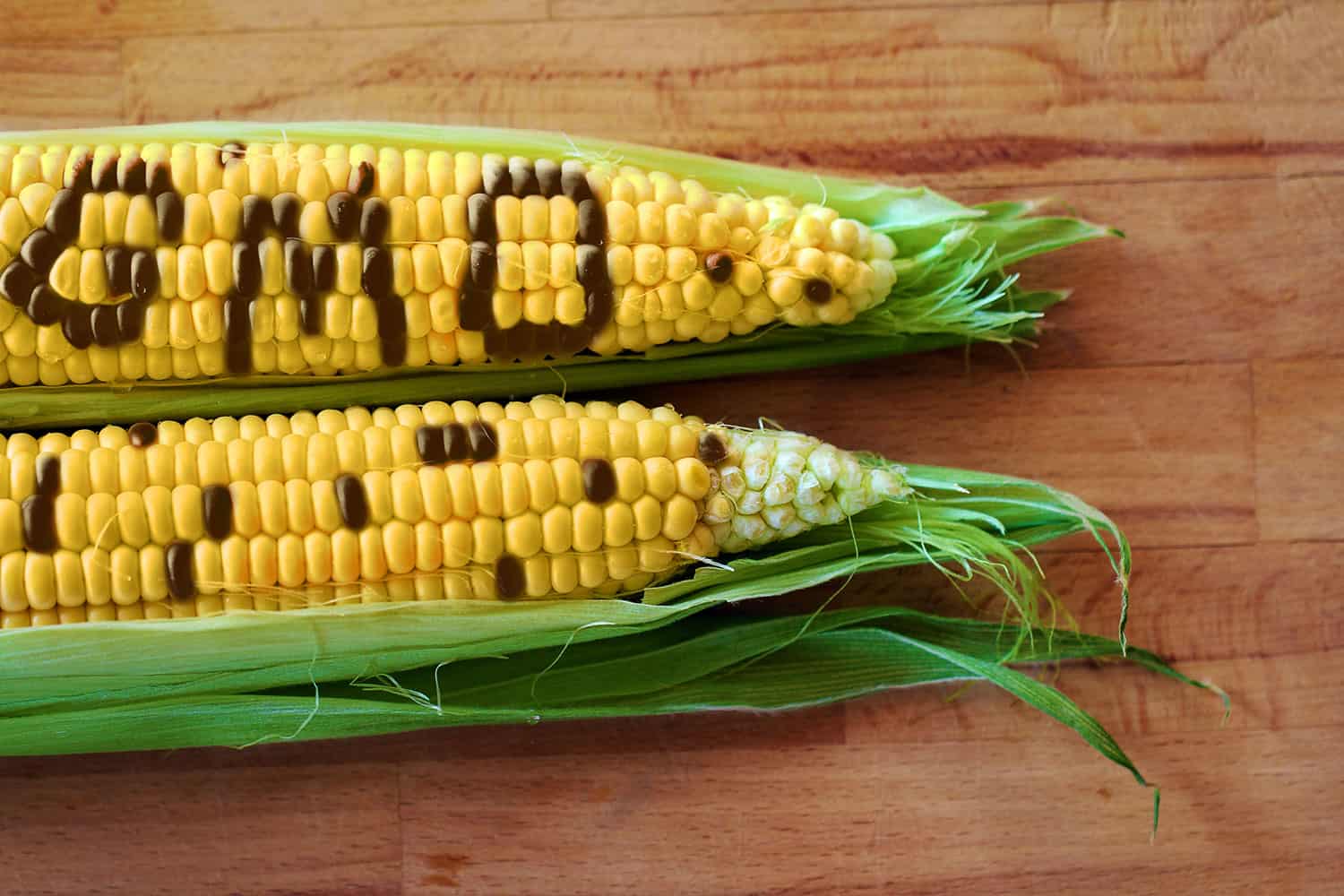

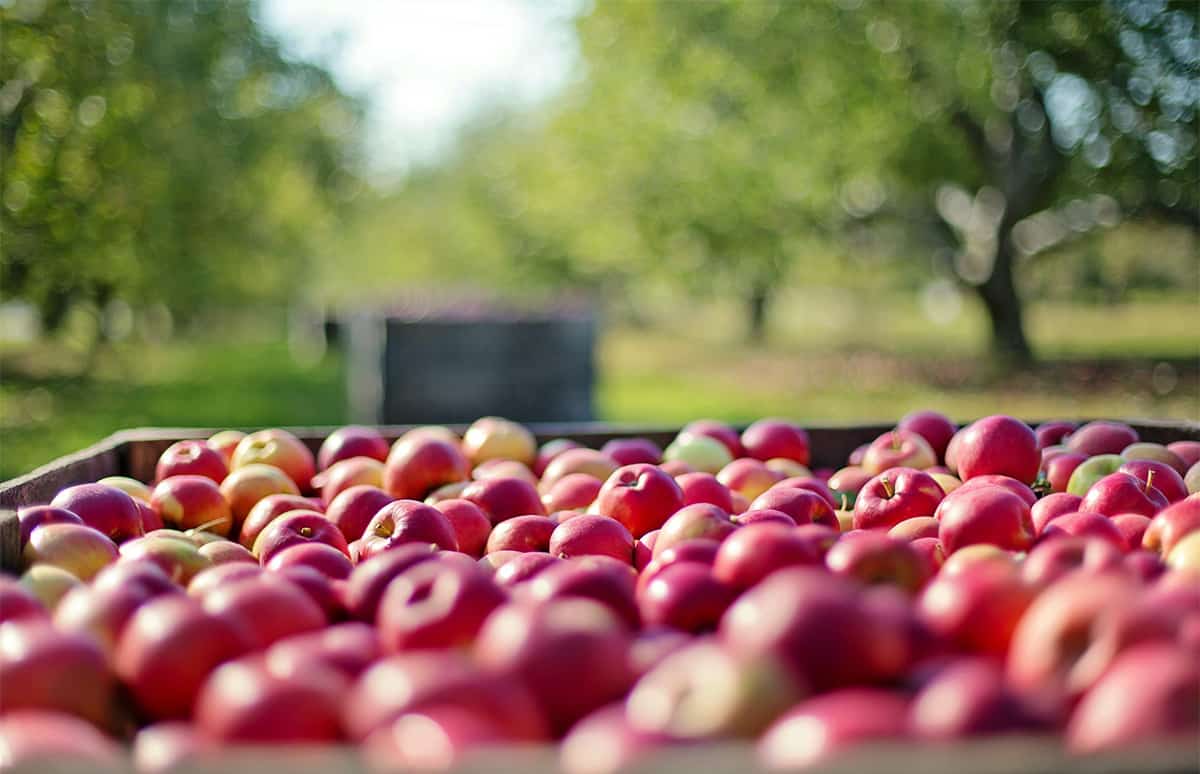
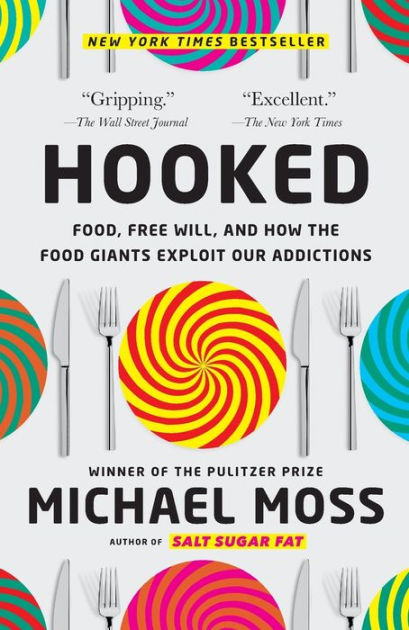

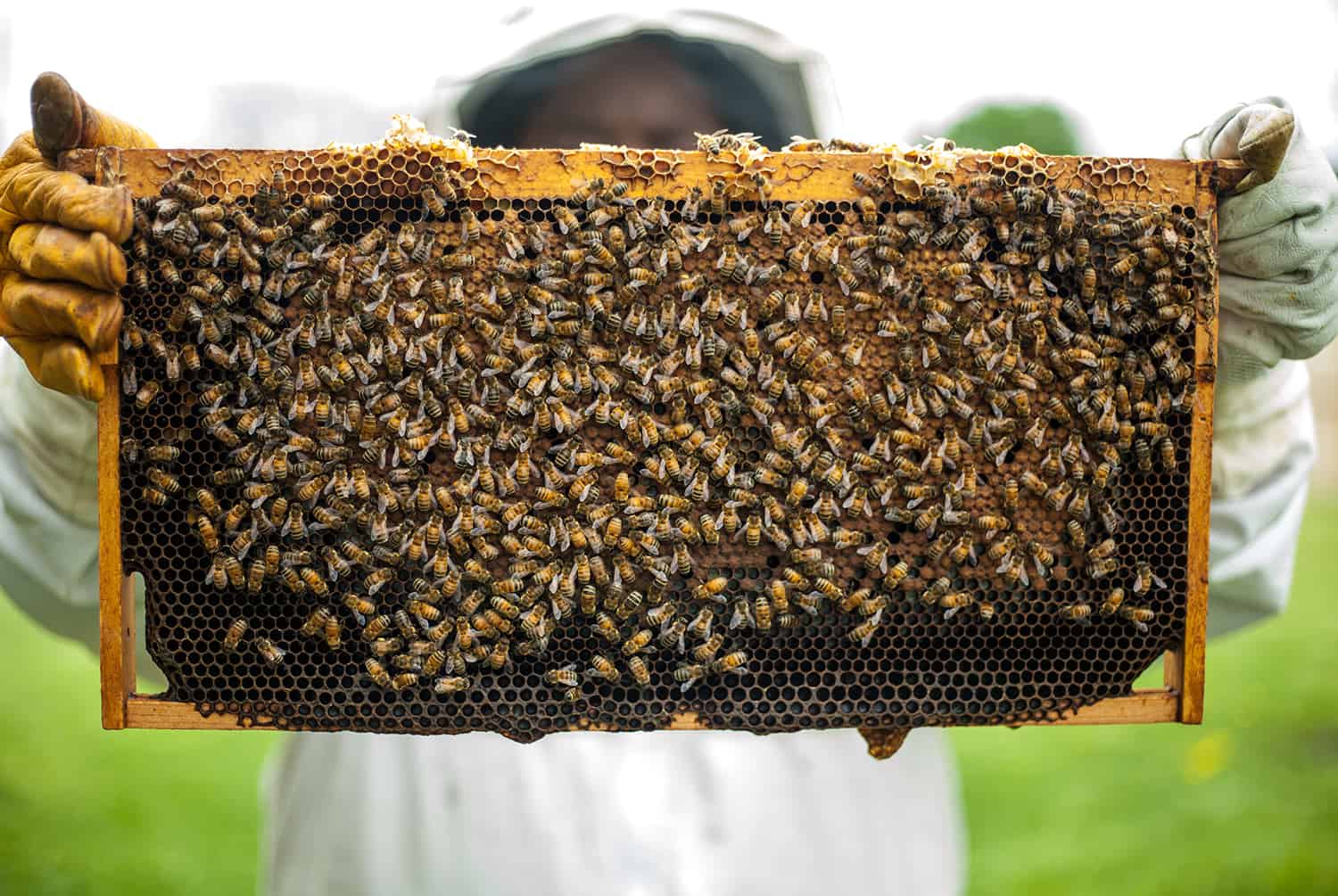

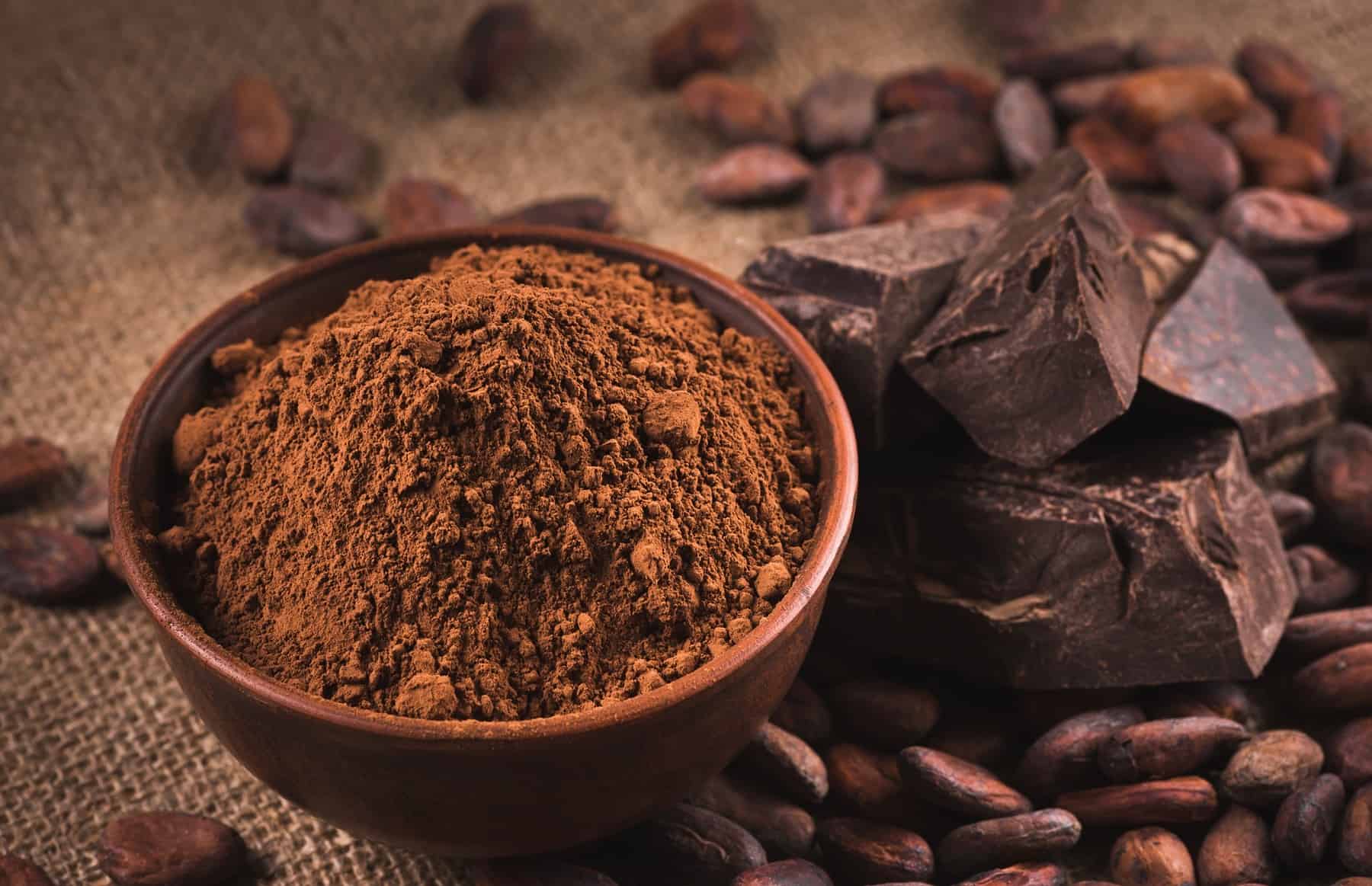



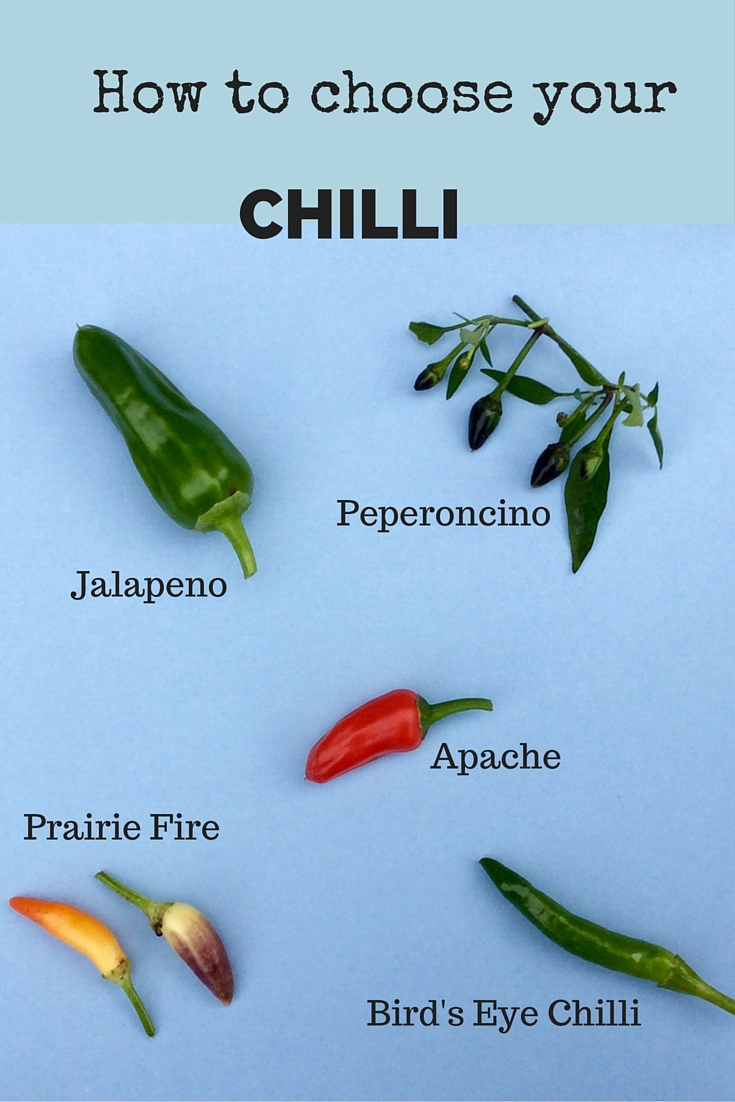



Leave a Reply